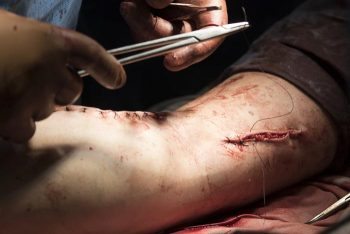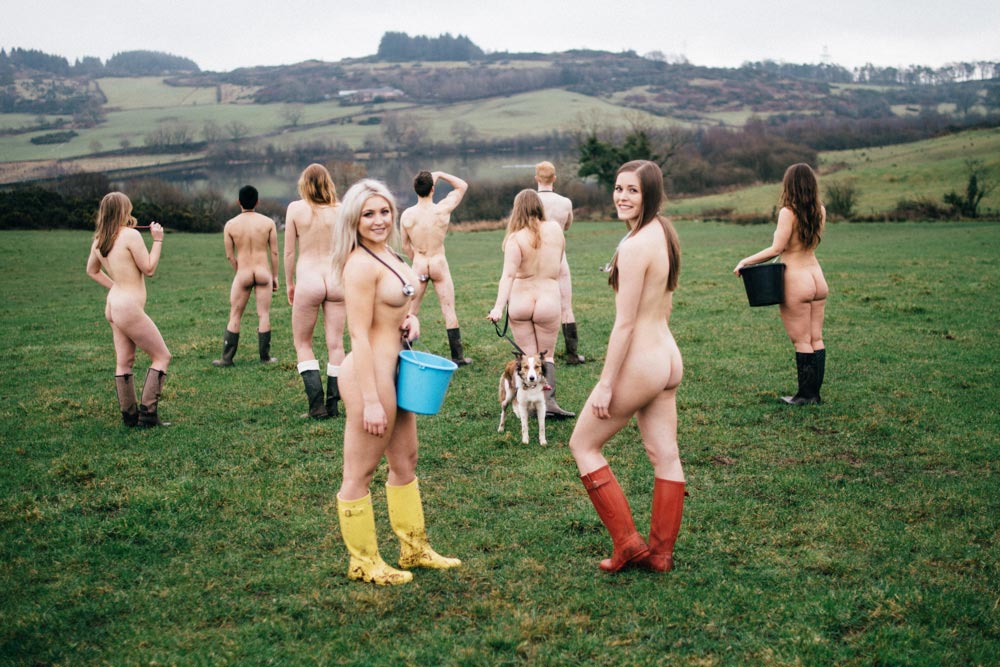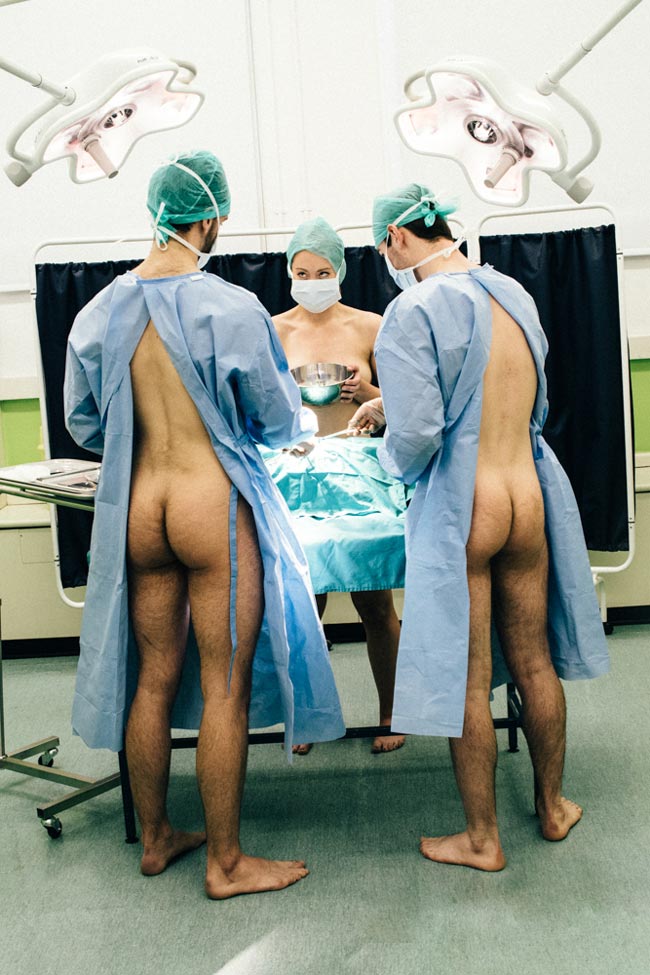This weekend, I helped out with a talk at SPVS-VMG Congress on employing new graduates.
It gave delegates – vets, VNs, employers and new grads themselves – the opportunity to reflect on how wildly different each new grad’s experience can be, and appreciate the challenges employers face when hiring new grads.
The fact those in attendance had chosen to come to a talk on ensuring practice is right for new grads suggested most of our audience were forward-thinking employers who wanted to provide their new grads with a good start to their career.
The others
However, and sadly, not all employers have that at the top of their priority list. I would like to think such employers – who, as a result, are maybe not treating their new grads well – aren’t doing it maliciously, but rather just don’t have the time to teach and mentor properly, but also don’t have a choice but to take on new grads, given the employment crisis the profession faces.
However, that is still no excuse. I should also mention, of course, the minority of employers that will hire a new grad simply for cheap labour – meaning there is little to no interest in them at all. If you cannot provide adequate support for a new grad, don’t employ one – it isn’t fair on anyone.
My generation

Many of the challenges of employing a new graduate stem from the difference in attitudes between different generations. The new grads moving through the system now are of the “millennial” generation often stereotyped as lazy, entitled and needy.
Being a millennial myself, I inherently disagree with these generalisations – they just need looking at differently:
- We are not lazy, we just don’t want to work horrendous hours. We are more than happy to work strange shifts (evenings/nights), but that doesn’t mean working the traditional expectation of five long days, a full weekend on call and a further five days.
- We are not entitled, we just cannot justify the negatives of the profession long-term. The “love of veterinary medicine“ is very idyllic, but just isn’t sustainable in the real world. We could work less hours, be paid more, take holidays when we want and be paid reasonable sick pay in many other sectors, so why wouldn’t we? It’s not about the money, here – it’s about the injustice.
- We are not needy, we just crave feedback. How do we know we’re doing okay unless you tell us? How do we know how to improve if you don’t guide us?
Wake-up call
Some vets of the older generations still have the attitude of “we had to go through it, so you have to get on with it too” – as though the horror of being left to your own devices, being unable to contact anyone in the middle of the night when you are out of your depth, and the sleep deprivation of internships are just a “rite of passage” of being a new grad. It may be news to these bosses, but the new grads of today just won’t put up with that crap.
“The definition of insanity is doing the same thing over and over again, but expecting a different result” is a quotation often attributed to Einstein. Whether he ever actually said it is questionable, but it has applications in many walks of life. When these old-style partners still expect their new grads to be on call for 17 nights in a row, is it any wonder there is an employment crisis?
If you want to attract any staff, not just new grads, you’ve got to adapt to the present. Veterinary is changing and the modern new grad doesn’t want – and won’t settle – for the same things they did 50 years ago.
Let’s talk
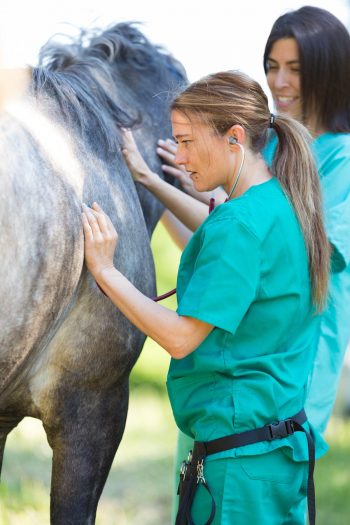
So, what do new grads want? Well, how long is a piece of string? The simple fact is: we are all different. The key to having a successful working relationship with a new grad is communication and flexibility.
The one thing all new grads want is support, but what that support actually looks like can vary wildly. For example, sometimes the new grad themselves will underestimate or overestimate how much support they need, which is why it is important for the learning process to be continual, with frequent check-ins.
It’s all very well saying I’ll only need second on-call backup for two months, but if, after that time, I still haven’t done a caesarean or calving, how can I be expected to be able to handle it alone?
Of course, this works both ways – new grads need to be upfront and honest about what kind of support they think they need, and practices likewise need to be honest about what they can provide.
If either party are overselling themselves to secure a job/vet, the arrangement will not work out long-term and both of you will be on the hunt again much quicker than you would like.
What we can do
So, why should you bother employing a new grad if you have to put lots of extra effort and time into it compared with employing an experienced vet? We new grads have a lot to offer:
- We are tech-savvy (usually much more than our older counterparts).
- We have lots of new ideas and experiences from a variety of placements in different practices.
- We have up-to-date knowledge since we are fresh out of universities undertaking research into the newest techniques and treatments.
- We are enthusiastic – despite refusing to put up with the poor working environments of the past, we are yet to become cynical about the veterinary profession.
What we lack is experience – and that is what we ask of you. Sure, the harsh truth may be that you don’t really have a choice in the employment climate as it stands, but if you get it right – and your new grad stays with you for years to come – it will be a true investment.










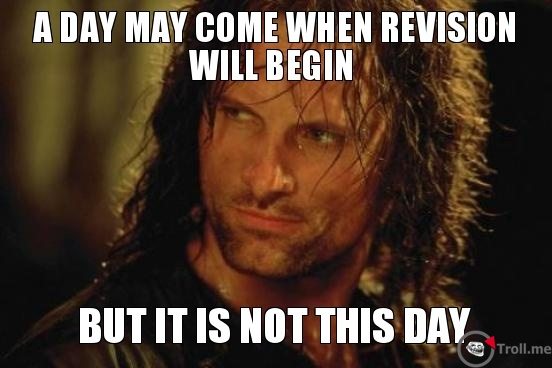
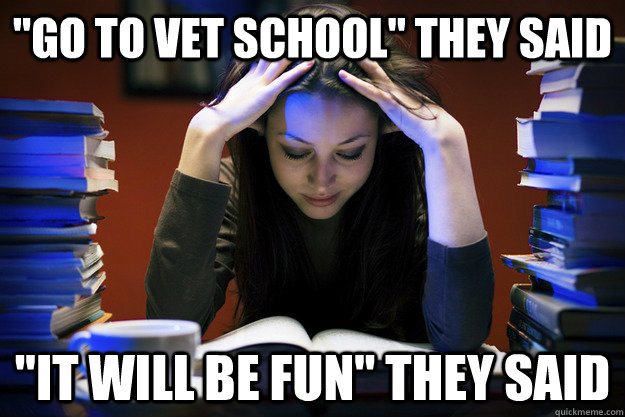

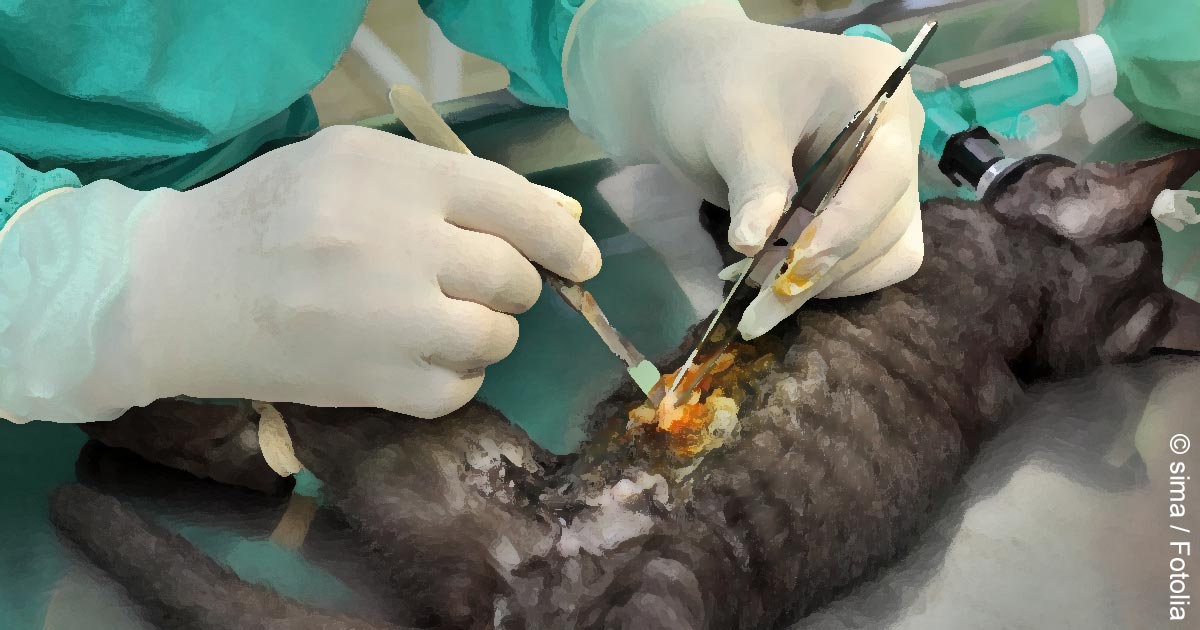
 Supposedly, we’re ready to take on the outside world as real vets. We’ve got heads full of knowledge and hands that have meticulously repeated sutures, catheterisations, and injections to maintain muscle memory. But what we haven’t got is experience.
Supposedly, we’re ready to take on the outside world as real vets. We’ve got heads full of knowledge and hands that have meticulously repeated sutures, catheterisations, and injections to maintain muscle memory. But what we haven’t got is experience.

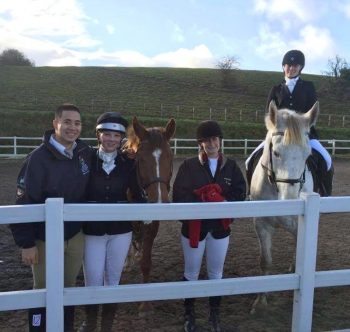
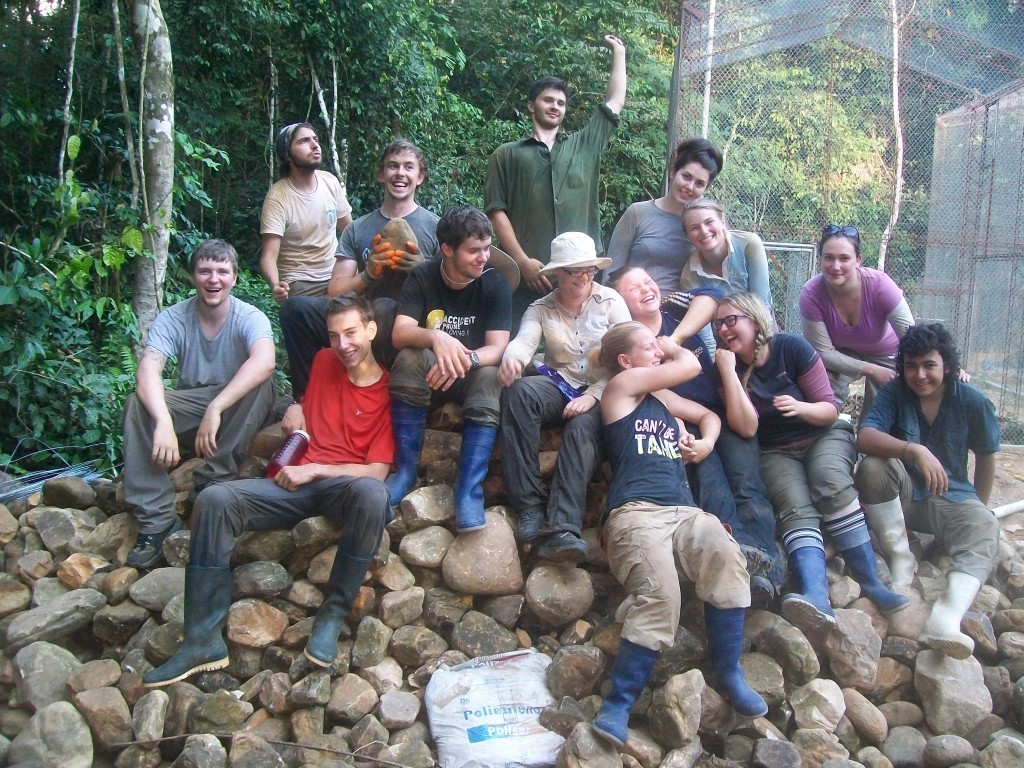
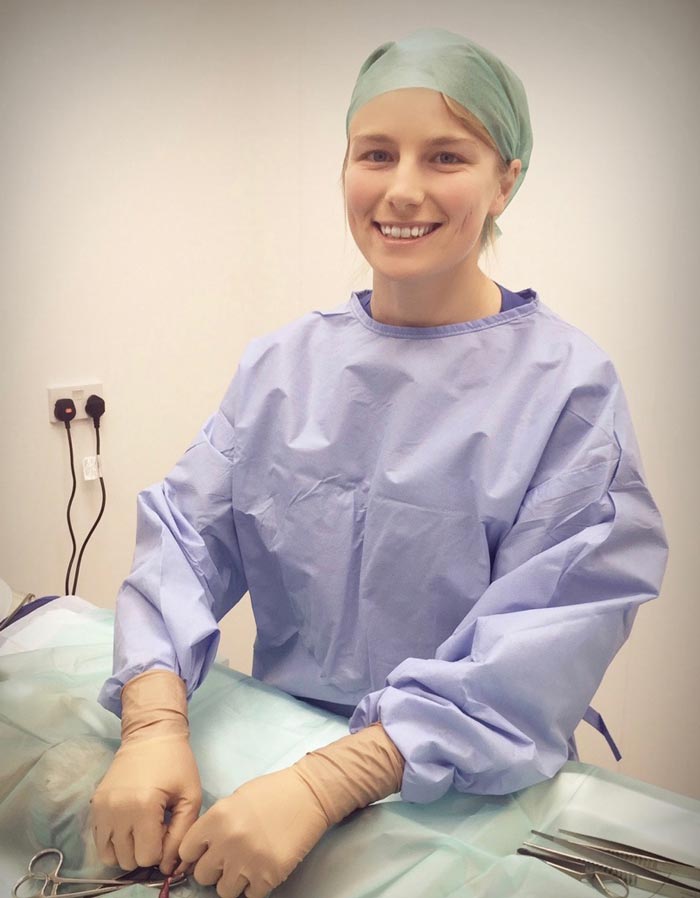
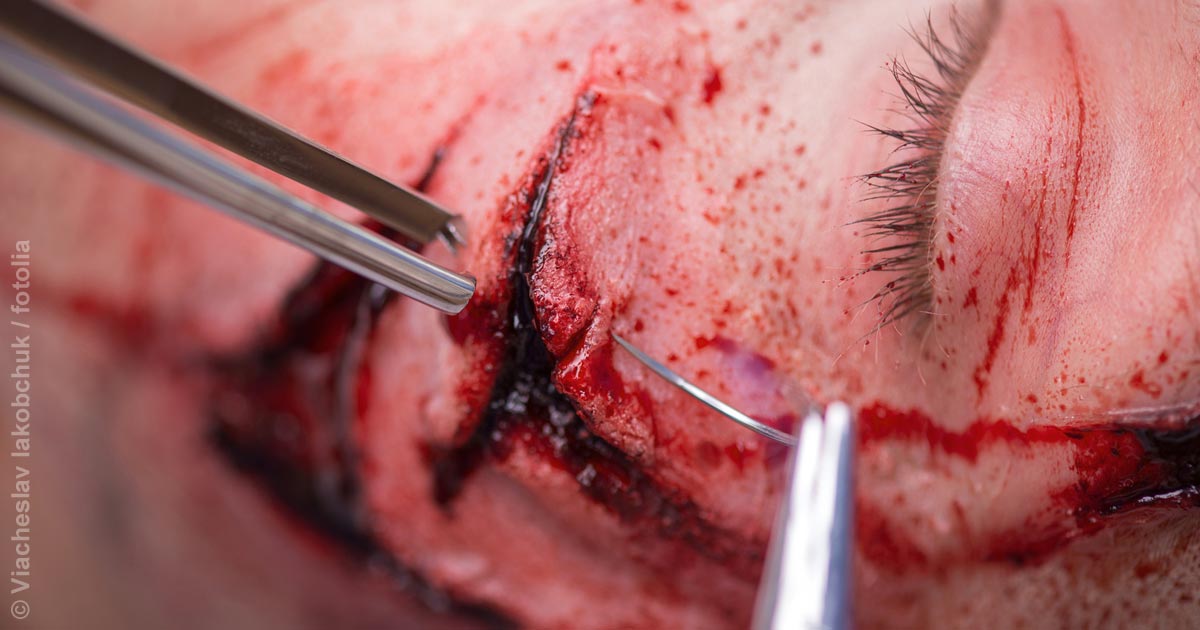
 The RCVS clearly states vets are not legally allowed to prescribe pharmaceutical products for people, but they have no specific guidelines on wound treatment.
The RCVS clearly states vets are not legally allowed to prescribe pharmaceutical products for people, but they have no specific guidelines on wound treatment.